An Off Grid Solar Project system is not connected to the electricity grid and therefore requires battery storage. An off-grid solar system must be designed appropriately so that it will generate enough power throughout the year and have enough battery capacity to meet the home’s requirements, even in the depths of winter when there is less sunlight. The high cost of batteries and inverters means off-grid systems are much more expensive than on-grid systems and so are usually only needed in more remote areas that are far from any electricity grid. However battery costs are reducing rapidly, so there is now a growing market for off-grid solar battery systems even in cities and towns. Now a day’s off-grid solution comes with a grid charger. Grid Charger is used to charge the battery from an alternative source like EB Power or generator when the solar radiation is not available.
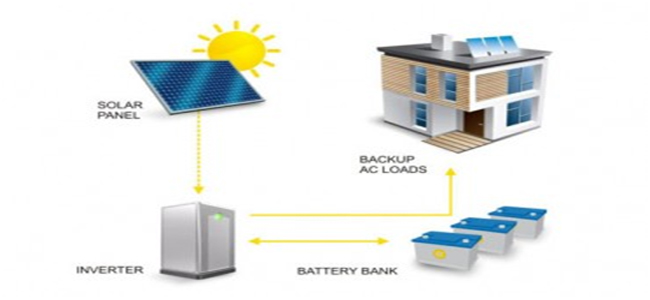
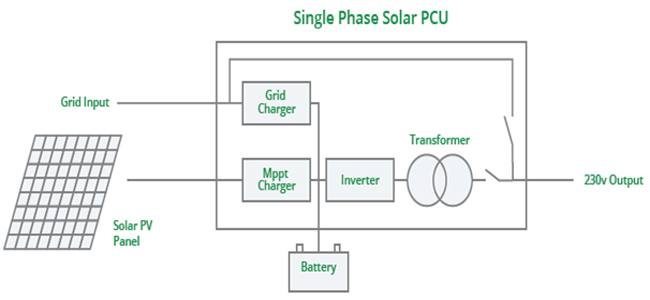
When you’re grid-tied, if there is a power outage, there’s nothing you can do about it but wait out the storm. If you have an off-grid solar power system, you won’t experience these blackouts. The energy is stored and ready for potential disasters so you’ll always have that added protection. When other’s experience these power outages, you’ll be fine. Off-grid solar energy systems are as reliable as they come. By storing energy in batteries, you’re able to have a house that is powered at all times, whether it’s cloudy days or amid potential natural disasters.
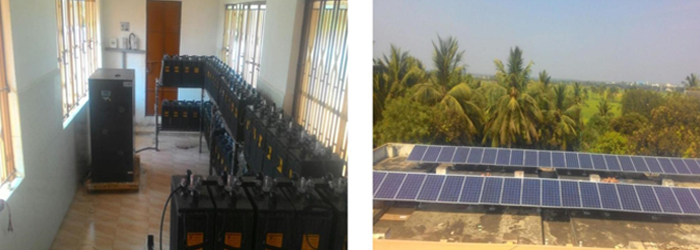
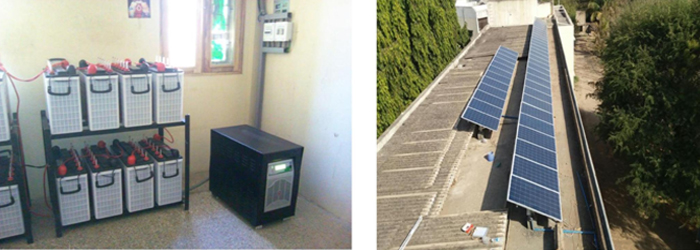
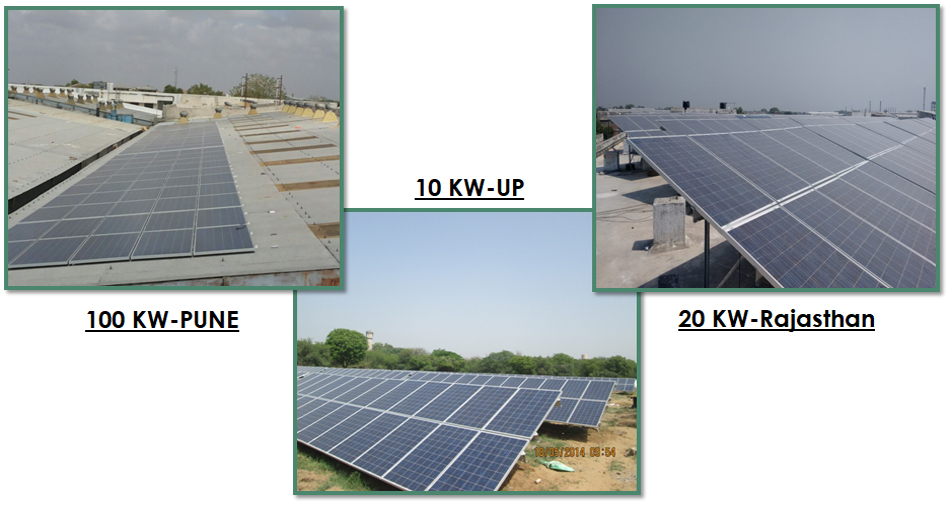
Modern Hybrid systems combine solar and battery storage in one and are now available in many different forms and configurations. Due to the decreasing cost of Battery storage, systems that are already connected to the electricity grid can start taking advantage of battery storage as well. This means being able to store solar energy that is generated during the day and using it at night. When the stored energy is depleted, the grid is there as a backup, allowing consumers to have the best of both worlds. Depending on how your hybrid system is set up and whether your utility allows it, once your batteries are fully charged excess solar power not required by your appliances can be exported to the grid via your meter. When your solar system is not in use, and if you have drained the usable power in your batteries your appliances will then start drawing power from the grid.

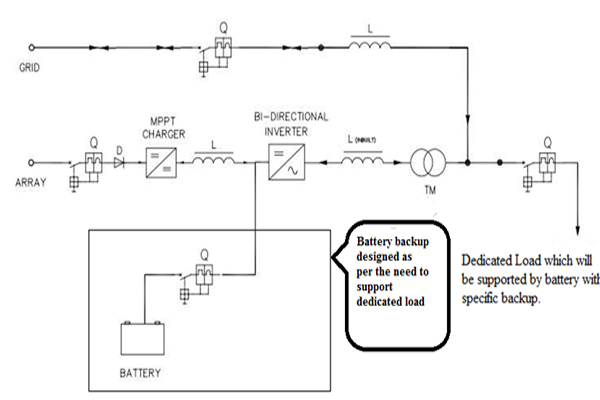
Copyright © | All Rights Reserved. Designed & Developed By EVG Software Solutions